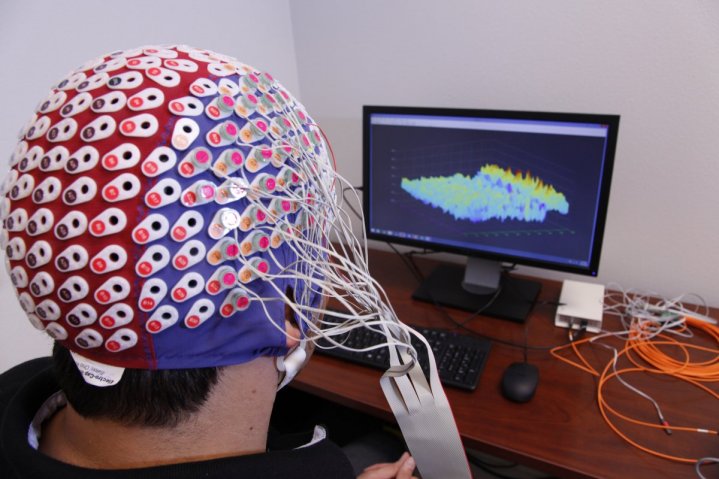
What if you could tell a robot what to do, just with your mind? The CEO of Tesla and SpaceX Elon Musk very recently had said that in the future the need would arise for humans to have a symbiotic relationship with machines. A team from Massachusetts Institute of Technology's Computer Science and Artificial Intelligence Laboratory (CSAIL) and Boston University is trying to find a way to make robots understand what their human counterparts want, without shouting any specific orders or manually typing an order but just with their minds.
CSAIL Director Daniela Rus looks at it more as advancement towards supervision and monitoring of technology. "Imagine being able to instantaneously tell a robot to does a certain action, without needing to type a command, push a button or even say a word. A streamlined approach like that would improve our abilities to supervise factory robots, driverless cars, and other technologies we haven't even invented yet," says Daniela Rus.
This relay of a chain of control is based on the science that whenever our brains realise that they have made a mistake, they generate signals known as "error-related potentials" (ErrPs). A system has been devised to teach the robot to perform an action and while it does so to read the ErrPs of its supervising human authority to see if they agree with the plan of action it intends to take.
"As you watch the robot, all you have to do is mentally agree or disagree with what it is doing," Rus explains, "You don't have to train yourself to think in a certain way — the machine adapts to you, and not the other way around." If the system after fine tuning gets approved for commercial usage, chances are we are going to make one more step in the future Elon Musk sees for us.
The paper, presenting the work, was recently accepted to the IEEE International Conference on Robotics and Automation (ICRA), which will take place in Singapore this May. Thus further one can expect that human's will soon be able to control robots with their minds.









